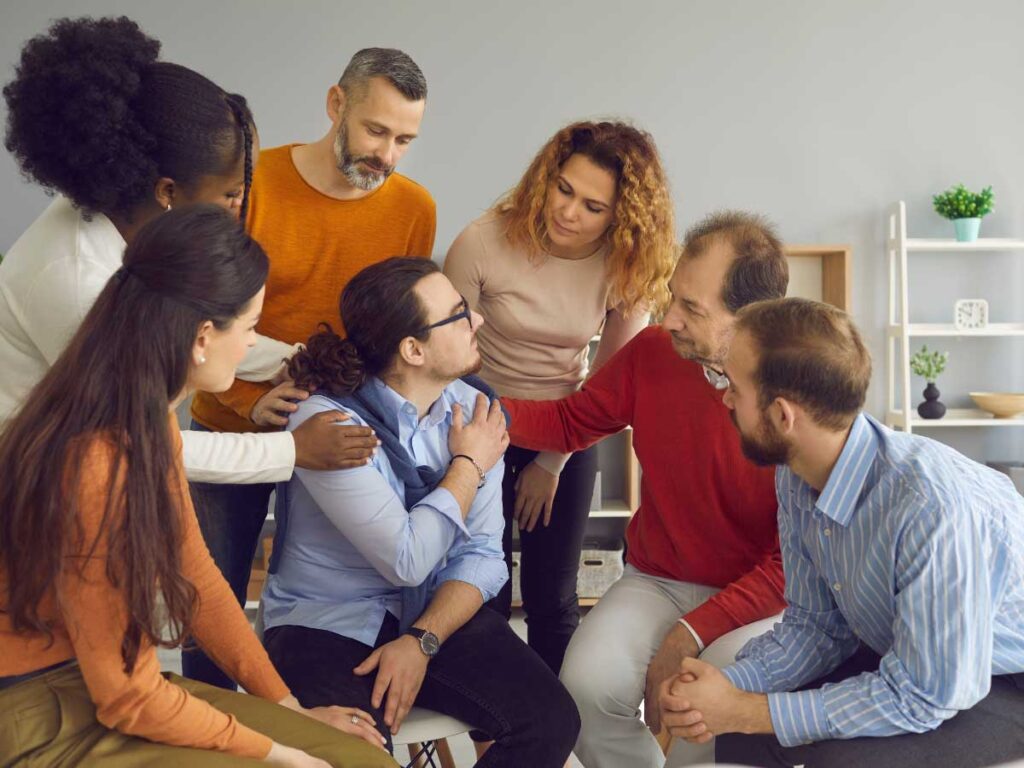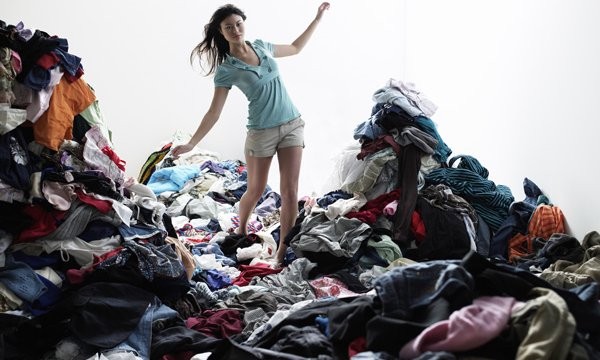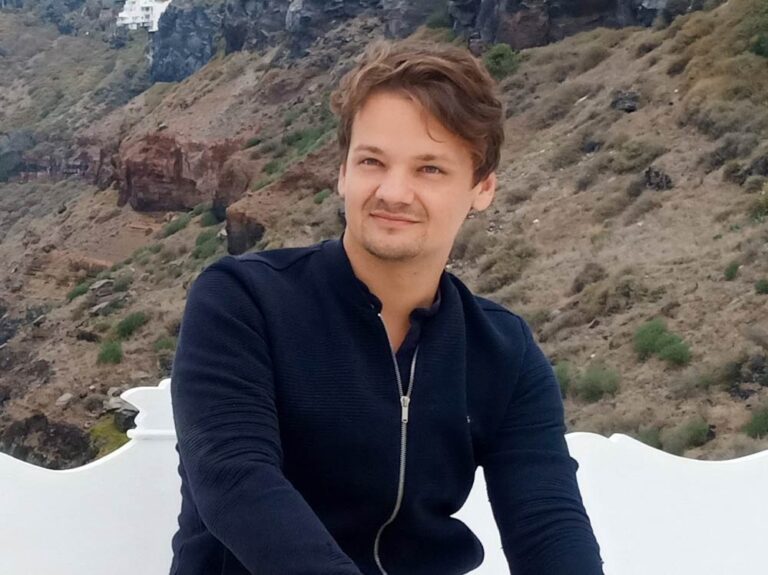
Last week I felt extremely negative, which sucks. I felt unmotivated, and I just wanted to escape. I picked up some long forgotten habits, such as bench-watching TV-series. I haven’t felt so bad for a long time, but I felt like it was a necessary journey to increase my competence as a therapist, Optimal Happiness coach, and to become a better person overall. It helped me to learn compassion, empathy, and sympathy for what my clients feel.
As I wrote in my book, I was born with a natural proclivity for logic, raised in a culture where emotions were said to be for women and studied in a system where students were given praise for intellectual achievements, while schools disregard our emotional well-being. These events pushed me inside my head and disconnected me from the rest of my body, and it took many years until I was able to reconnect to my emotional core.
Arguably, this experience was exactly what helped me to discover Optimal Happiness, but even after all this work was done, I still feel like there is so much more to learn. Of course, this is always a good statement to make, focusing on long-term learning inside any profession.
As such, showing more compassion and empathy towards the pain of others was always a natural next step in my practice (with many more steps to come!), as many people perceive Optimal Happiness to be one sided. It looks exclusively at finding our maximal happiest potential, stating that we were never supposed to have so many negative emotions in the first place.
Of course, when a person does feel negative, the last thing they want to hear is that their negative emotions are not justified, they shouldn’t have them, and they should know better than to feel that bad, which is when sympathy and empathy come in.
I learned to connect to the emotions of other, feeling what they are feeling, at the same time personally confirming my theory for a million time, stating that negative emotions can be quite distractive, such as it was in my case when I become unmotivated, unproductive, and generally speaking felt sick to my toes because of my negative emotions.














